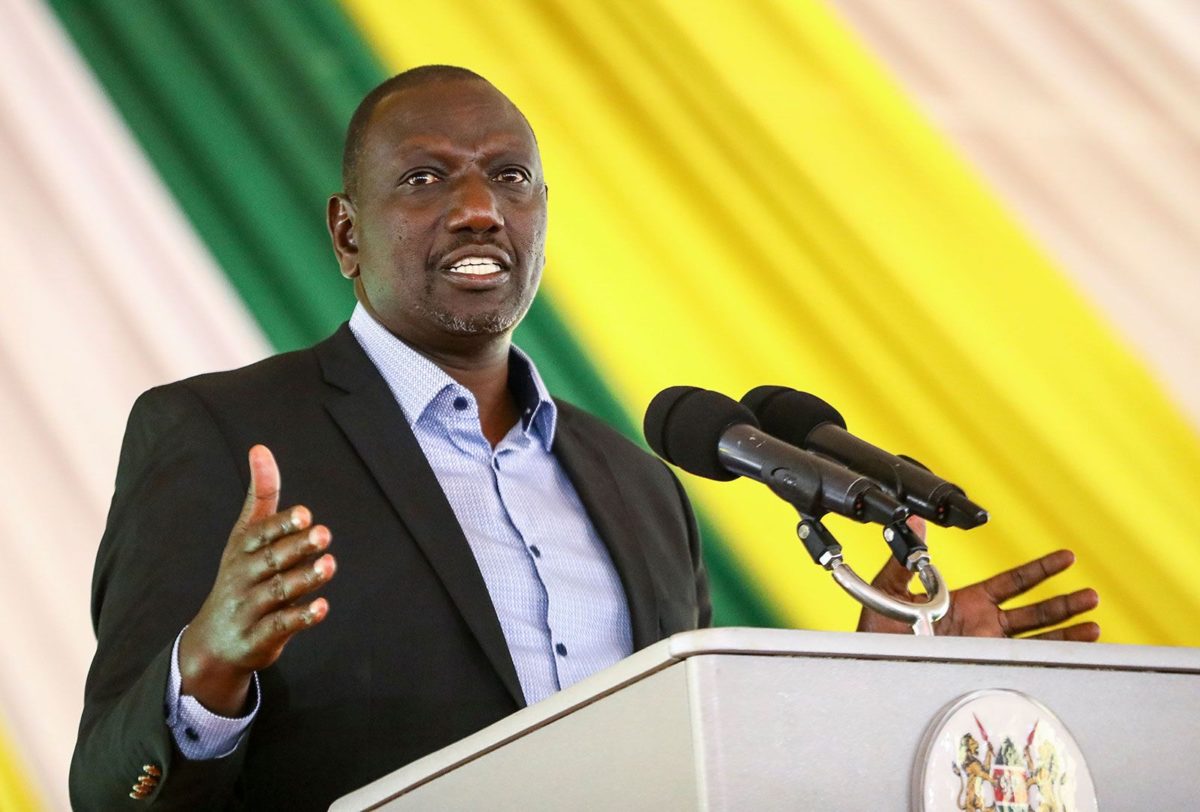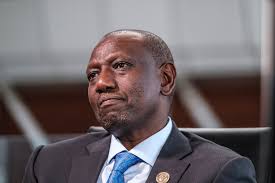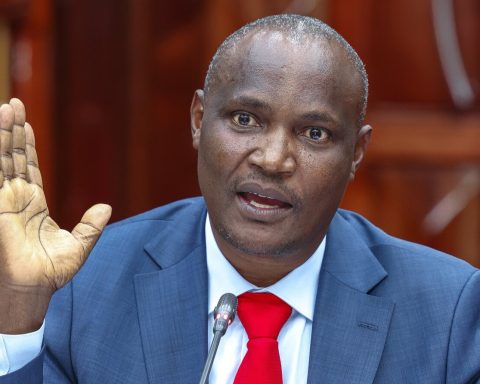President William Ruto has revealed plans to privatize 35 underperforming state-owned companies in Kenya.
This move aims to revitalize these entities, combating bureaucratic inefficiencies while stimulating economic growth in the East African nation.
Join our WhatsApp Channel“We have identified the first 35 companies that we are going to offer to the private sector,” President Ruto stated.
“If we can unlock the potential of these would-be lucrative companies, especially those that are trapped in government bureaucracy, they will employ more people, generate more resources, and pay more taxes.”
READ ALSO: Kenya’s President William Ruto Pledges Drop In Fuel Price As Holiday Season Nears
Ruto’s administration views this step as integral to addressing Kenya’s economic challenges, including soaring inflation and escalating debt burdens. Recent IMF support of nearly $1 billion emphasized the urgency for reforms in key public sector firms like the power company and Kenya Airways, which suffered losses last year.
The President highlighted the review of approximately 100 government-owned companies for potential privatization, aligning with a law enacted in October.
This law grants the Treasury authority to sell companies without requiring parliamentary approval, streamlining the privatization process.
Among the entities slated for divestiture by the Privatization Commission are major players like the Kenya Pipeline Company, the Kenya Ports Authority, the Kenya Tourist Development Corporation, the Consolidated Bank, the Development Bank of Kenya, and the Agrochemical and Food Corporation.
The move toward privatization, according to the country’s budget office, is projected to generate an estimated annual revenue of 30 billion shillings (approximately $196 million).
Kenya’s last privatization occurred in 2008, marked by the issuance of an initial public offering for 25% of the shares in Safaricom, a leading telecommunications company.
Ruto’s plan aims to unleash the potential of these state-owned entities by transferring them into private hands, fostering employment opportunities, increasing resources, and augmenting tax revenues to fuel Kenya’s economic growth.
“The privatization of these companies will fuel economic growth, attract more workers, and significantly contribute to our national treasury,” Ruto concluded.
This move is poised to reshape Kenya’s economic landscape, ushering in a new era of efficiency and productivity within its state-owned enterprises.














